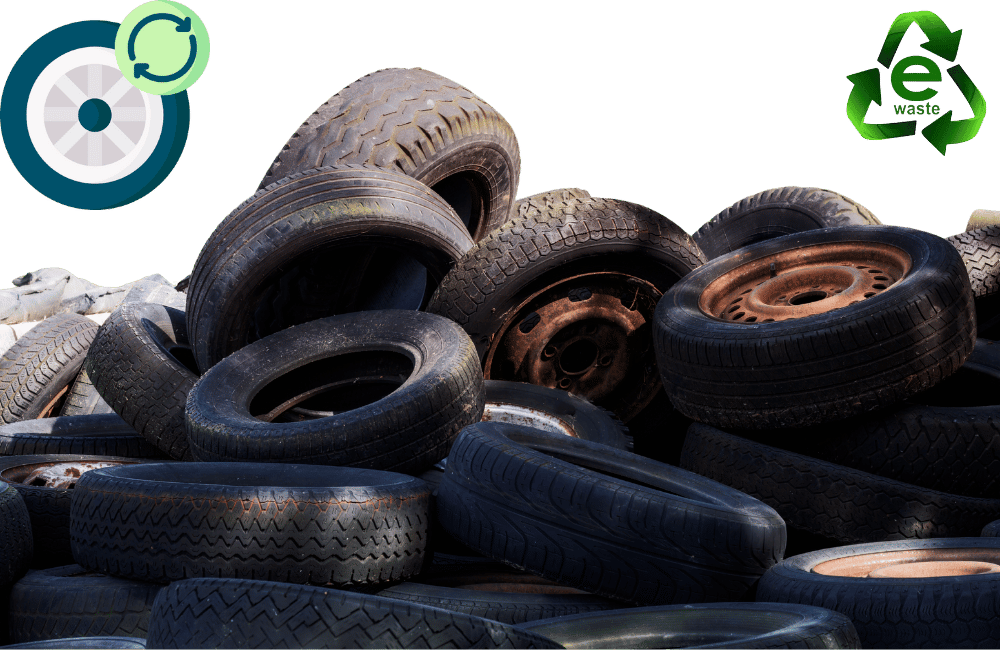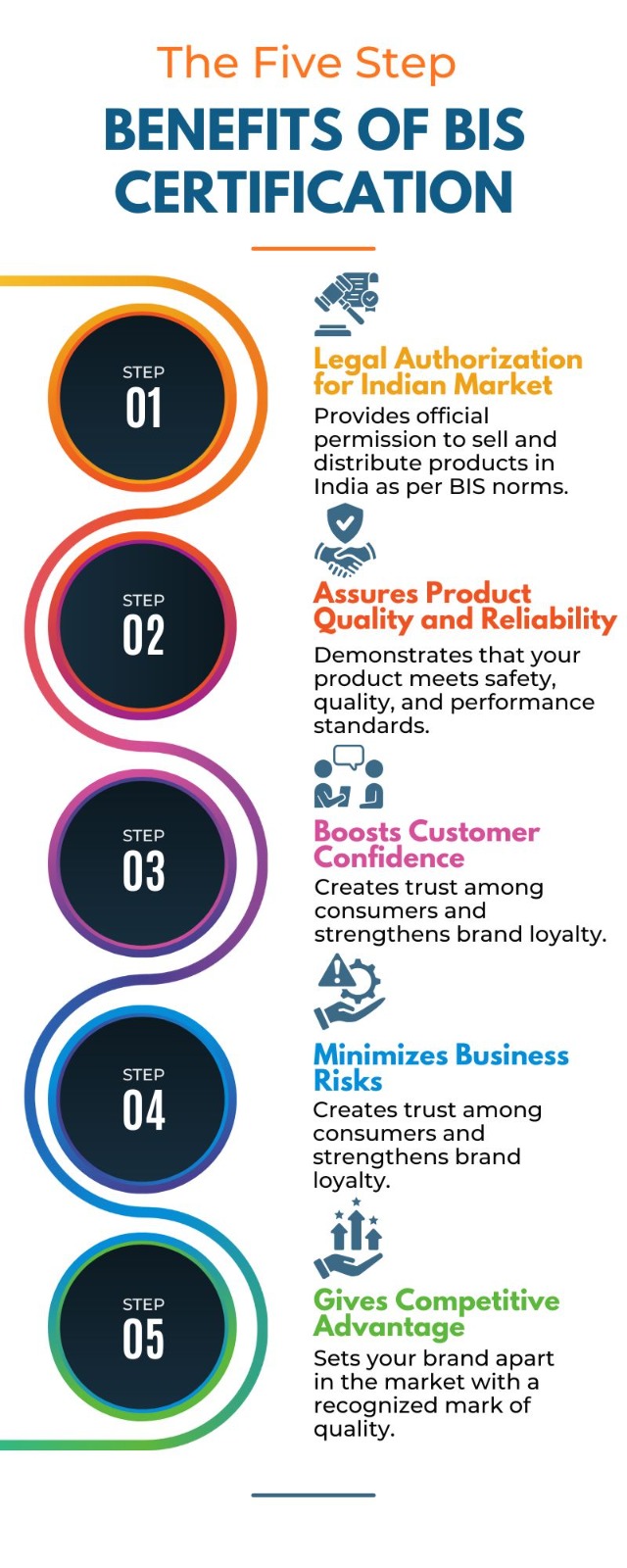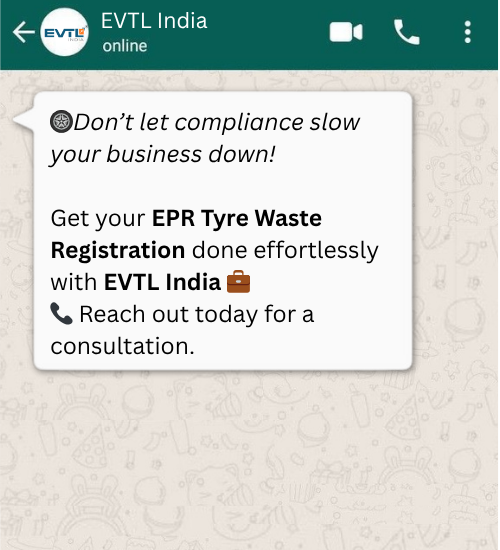Get A Quote
EPR Registration for Waste Tyre Management
Looking to obtain EPR Registration for Waste Tyres? You’re in the right place. EVTL India is a leading EPR registration consultancy in India, specializing in helping businesses involved in waste tyre management secure their EPR certificates. Our team of experts is available 24/7 to provide hassle-free and timely assistance, ensuring a smooth and efficient registration process.

- Overview
- Why EPR for Waste Tyres?
- Applicability of EPR for Tyres
- Benefits of EPR Certification for Waste Tyres
- EPR Obligations for Tyre Waste Management
- Responsibilities Under EPR
- Key Points of EPR Authorization for Waste Tyres
- Refund Schedule for Non-Compliance
- EPR Registration Process
- Penalties for Non-Compliance
- How EVTL India Can Help with EPR Certification
- Frequently Asked Question (FAQ)
Overview of EPR for Waste Tyres
EPR for waste tyres refers to the legal obligation placed on tyre producers, importers, recyclers, and retreaders to ensure that used tyres are disposed of and recycled in an environmentally responsible manner. The Hazardous and Other Wastes Amendment Rules, 2022, introduced by the Ministry of Environment, Forests, and Climate Change, mandate compliance under Schedule IX for proper tyre waste management. This includes specific guidelines for manufacturers and other stakeholders regarding the recycling and safe disposal of waste tyres.

Why EPR for Waste Tyres?
India discards approximately 275,000 tyres annually, with an additional three million used tyre scraps imported for recycling. However, until recently, there was no structured plan for managing this significant volume of waste. Recognizing the environmental and health risks associated with improperly disposed of tyres, the National Green Tribunal (NGT) directed the Central Pollution Control Board (CPCB) to implement a comprehensive waste management plan. As a result, Extended Producer Responsibility (EPR) registration for waste tyre management emerged as a critical step towards reducing the environmental impact of tyre waste.
Applicability of EPR for Tyres
The EPR obligations apply to several entities:
Each entity must follow EPR guidelines to ensure the environmentally sound disposal and recycling of tyres.
Benefits of EPR Certification for Waste Tyres
Sustainability
EPR ensures tyres are recycled and disposed of responsibly, reducing illegal dumping and landfill waste.
Resource Conservation:
Valuable materials in tyres are recovered and reused, reducing the need for raw materials in manufacturing new tyres.
Energy Savings
Recycling tyres consumes less energy than producing new ones, contributing to lower greenhouse gas emissions.
Economic Growth
EPR fosters the tyre recycling industry, creating jobs in collection, sorting, processing, and manufacturing.
Compliance Enforcement
EPR ensures tyre producers meet waste management requirements, fostering a cleaner and more sustainable environment.
EPR Obligations for Tyre Waste Management
The following table outlines the obligations for various entities under the EPR framework:
| Entity | Year | Recycling Target |
|---|---|---|
| Producers or Importers of New Tyres | FY 2022-2023 | 35% of tyres produced or imported in FY 2020-2021 |
| FY 2023-2024 | 70% of tyres produced or imported in FY 2021-2022 | |
| FY 2024-2025 | 100% of tyres produced or imported in FY 2022-2023 | |
| Waste Tyre Importers | Starting in Year (Y) | 100% of tyres imported in Year (Y-1) |
| Retreaders | N/A | One-year postponement upon presentation of retreading certificates |
Responsibilities Under EPR
Key Points of EPR Authorization for Waste Tyres
Refund Schedule for Non-Compliance
| Year of Shortfall Coverage | Refund Percentage |
|---|---|
| Within the first year | 85% of environmental compensation |
| Within the second year | 60% of environmental compensation |
| Within the third year | 30% of environmental compensation |
| After the third year | No refund |
Hazardous and Other Wastes (Management and Transboundary Movement) Amendment Rules, 2022
EPR Registration Process
Step 1: Document Submission: Applicants provide necessary documentation, such as Aadhar, PAN, and manufacturing data.
Step 2: Application Review: Experts review documents and file an application with the CPCB.
Step 3: CPCB Review: The CPCB assesses the application and requests revisions if necessary.
Step 4: Certificate Issuance: Within 50-60 days, the EPR certificate is granted, and producers must implement their EPR action plans.
Penalties for Non-Compliance
Entities failing to meet their EPR obligations or submitting false information may face cancellation of their registration, fines, and prosecution under the EPR Certificates Act.
How EVTL India Can Help with EPR Certification
EVTL India offers a comprehensive suite of services to assist businesses with EPR registration for waste tyre management, including compliance reporting, document preparation, and EPR certificate acquisition. The company ensures smooth navigation of the certification process while providing expertise on regulatory compliance, sustainability practices, and cost-effective strategies for waste tyre management.
Frequently Asked Questions (FAQ)
Our Services
News & Updates









